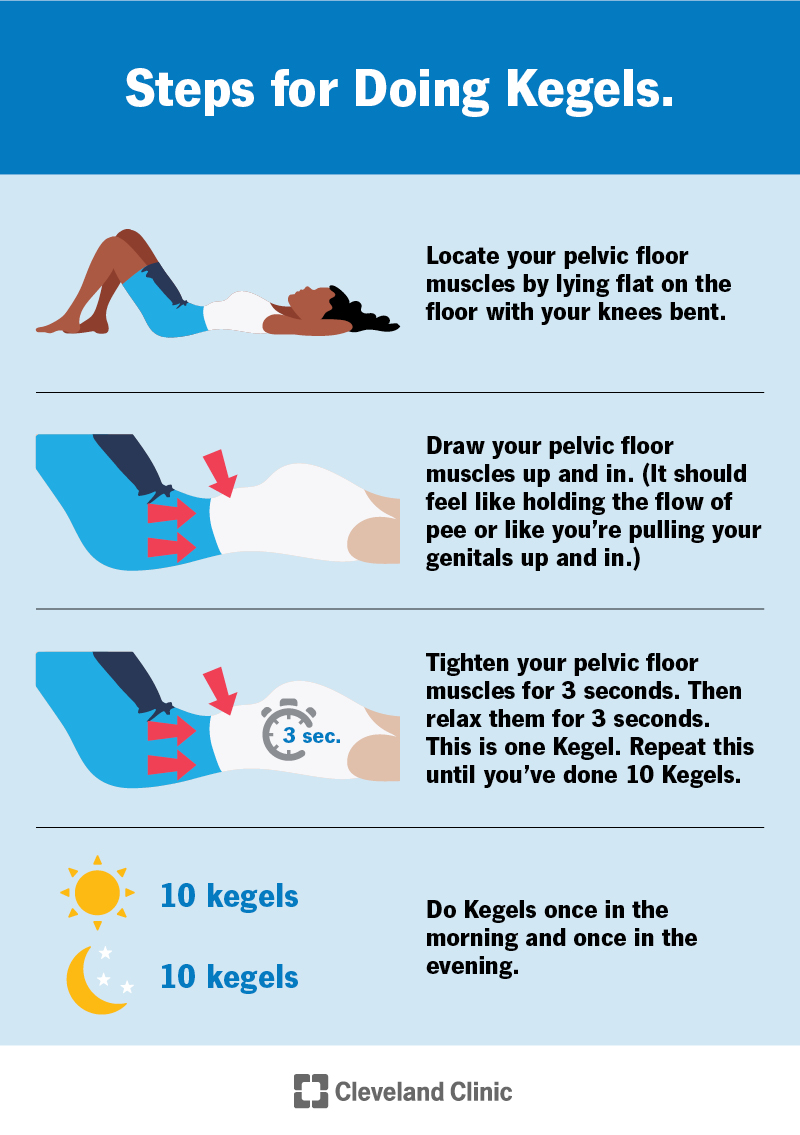
September 7, 2024
Postpartum Urinary System Incontinence
Postpartum Urinary System Incontinence: Just How To Take Care Of Loss Of Bladder Control After Birth This added tension on the bladder makes it easier for any kind of added effort, such as laughing, sneezing or exercising, to press urine out of the bladder. This is why women that are pregnant frequently have moderate urinary incontinence while pregnant. During a very first pregnancy, more than one-third of ladies create short-lived anxiety urinary incontinence.Get The Ucla Wellness App
- Whenever postpartum incontinence concerns begin to create, women must think about making a consultation with a female pelvic health professional.
- The information is not a substitute for independent professional suggestions and ought to not be made use of as a choice to expert healthcare.
- Most recuperate their pre-labor function, but for some the destructive results can linger for many years.
- The attractive stage generates a mix of joy and physical adjustments.
2 The Danger Variables Of Postpartum Sui In Primiparas
Postpartum urinary system incontinence is uncontrolled dripping of pee that can happen after pregnancy and giving birth. If you are experiencing pee leak, you can speak to your, physician, maternal and kid health and wellness nurse, continence nurse or a females's physio therapist. Bear in mind taking care of it early can decrease the risk of it ending up being a life-long problem. In a lot of cases, women with postpartum incontinence see considerable enhancement after applying a doctor's recommended way of living adjustments. In the average bladder, the muscle continues to be relaxed while the bladder progressively fills up. With seriousness incontinence, the muscular tissue agreements prematurely and causes the urge to pee, in some cases allowing for bladder leakage. Labor and delivery might extend, strain or perhaps tear the https://ewr1.vultrobjects.com/5ghb9bmaj7etny/Cryolipolysis-results/pudendal-nerve/incontinence-urinary-digestive-tract-kinds-causes.html muscles and the sustaining cells that hold the uterus, bladder and anus in their correct area. The nerves may additionally be stretched and hurt, weakening the signals permitting muscle mass to work properly. Doing these workouts might help avoid longer term bladder issues. Straight after birth, you will certainly need to provide the pelvic flooring time to recoup. Ice the perineal location for the very first couple of days and have a lot of remainder.How to fix urinary system incontinence?
Experiences And Signs And Symptoms
The pain and problems normally vanish within weeks of maternity. Because there is pee leakage and blood loss, women are made to use mesh underwear with large hospital pads after shipment. Few women like these underwears and thick pads, so loading this necessary is required. New mommies require to wear full coverage pads and ladies diapers to manage their incontinence. To assist you feel much more secure, we've assembled this overview on what to expect of post-pregnancy urinary incontinence, and exactly how you can deal with it.What causes urinary system incontinence? Maternity can alter the urinary control capacities for one-third to half of females that have actually delivered, so if you're dealing with pee dripping then you're absolutely not alone. When a lady is pregnant, the growing child and broadening womb area a lot of stress on the bladder. However, once the child is born, some women are surprised to discover that they are still dealing with urinary incontinence. For some women this stress can cumulatively add up to numerous hours. Two nerves, called the pudendal and the pelvic nerves, rest on each side of the birth canal within the muscle mass that are directly under the infant's head. Since they are so close to the baby's head, these nerves are especially prone to the stress of labor. The pudendal and pelvic nerves carry the signals from the brain to the muscles that hold the bladder and anus in place. If these nerves are injured, the signals implied for the muscular tissues around the bladder, vaginal area, and anus may not be sent correctly. The American College of Obstetricians and Gynecologists says to make postpartum care an ongoing procedure rather than a single check out after you give birth. Have contact with your healthcare expert by phone or face to face within three weeks of shipment. Within 12 weeks of shipment, see your health care expert for a complete checkup. Individuals frequently don't see a medical care specialist till 4 to 6 weeks after giving birth. As several as 40% of people don't have a visit with their medical care group whatsoever for an appointment after delivering. Not being able to visit a health care expert and not having insurance to cover the price are two reasons that that visit could not occur.Social Links